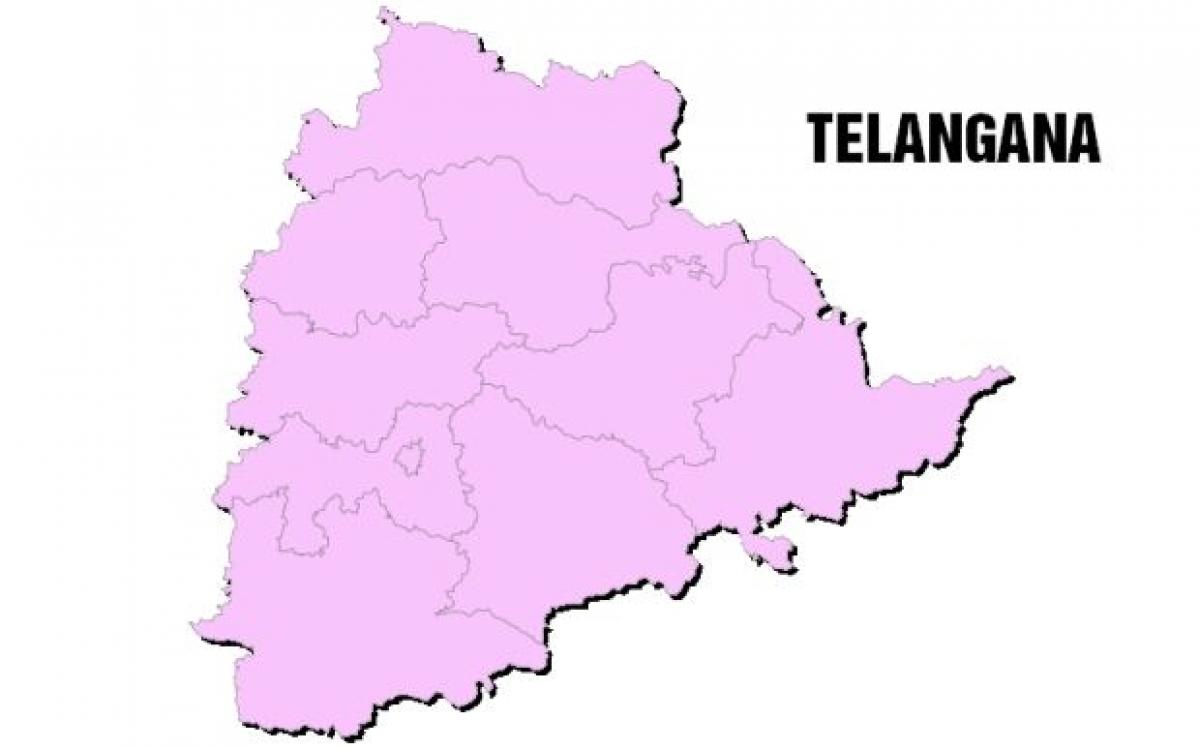The recent elections in Telangana marked a significant shift in power, with the long-dominant BRS losing to the Congress party, which hadn’t held power for nearly a decade. Several crucial factors influenced this political upheaval. Firstly, anti-incumbency sentiments against the BRS and its leader, KCR, emerged due to reported dissatisfaction among grassroots-level workers and MLAs. This alleged gap between leadership and workers impacted KCR’s image, contributing to the party’s downfall.
Additionally, public perception of the substantial increase in assets of BRS leaders at village and assembly levels tarnished their image. Voters noticed a significant rise in their assets, leading to negative perceptions. The perceived dominance of MLAs in decision-making processes, influencing administrative roles and even welfare schemes, raised concerns among the public, eroding trust in the BRS.
Moreover, after a decade of BRS rule, voter fatigue set in, prompting people to seek change, benefiting the Congress. Sensing this sentiment, the Congress strategically capitalized on the public’s desire for change. Despite BRS’s developmental achievements, including infrastructural advancements and attracting businesses to the IT hub, these didn’t meet the heightened public expectations, affecting their support base.
The failure to change candidates in many constituencies and the subsequent losses affected the BRS’s electoral prospects. Moreover, the perception of arrogance in the speeches of BRS leaders, controversial statements by KTR, and a sense of self-respect among Telangana people further swayed support toward the Congress.
Lastly, Congress’s well-executed strategic campaign played a pivotal role in their victory. They capitalized on opportunities where the BJP couldn’t succeed and formulated a successful campaign strategy, ultimately leading to their triumph. A combination of anti-incumbency, public perception issues, fatigue with the ruling party, strategic campaigning by the Congress, and a sense of self-respect among voters contributed to the unexpected power shift in Telangana’s political landscape.
